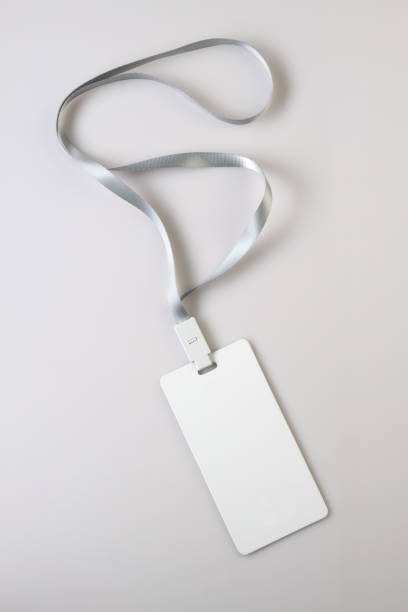Often, the start of the school year brings new ideas, and for this 2023-24 school year, Ward Melville has already begun to implement significant changes. Many policies have been updated and added to the Code of Conduct. For example, combining senior and junior parking, creating study halls for underclassmen, and enforcing stricter cell phone controls. However, it is the new ID policy that seems to be sparking the most discussion.
It was in the 2022-23 school year that ID requirements were first introduced to students. Mr. Jantzen, Assistant Principal at Ward Melville High School, spoke of these changes, saying, “The board of education was supportive, in the sense that now in the code of conduct, we have a line in there that requires that students wear their ID.” Along with enforcing that students wear IDs, bathrooms are also requiring scanning in and out with the barcode at the bottom of the card.
Issues from previous years drove administration to add the ID bathroom scan. Derrick Cunard – a senior at Ward Melville High School – explained how, “Some students were vandalizing the bathrooms.” The idea is that the scanning of IDs, with an aid sitting behind the scanner, will deter students from vandalizing the bathrooms. Jantzen comments that, “We’ve had some issues with vandalism, so we want to make sure that we can hold students accountable.”
There has been a mixed reaction among the student body. One student voiced their disapproval, saying, “I personally don’t like the IDs because they’re annoying to wear, and I don’t want people seeing my picture.” However, other students believe it is a necessary safety precaution. “There have been a lot of issues with non-students entering school, and the ID policy has helped that,” Rivkah Begel, a senior, says. “Also, I’ve seen that the policy decreased the amount of students misusing the bathrooms.”
Jantzen speculates that only around one-quarter of students are wearing their identifications around their neck, as is required., and about one-half are wearing their ID’s in obstructed locations, such as around the wrist or hanging out of a pocket. For those students who find wearing IDs around their necks obtrusive and uncomfortable, Jantzen plans on distributing belt clips as an alternative.
The resistance to this new policy has been the primary issue for the security team. “I already feel momentum losing,” Jantzen states. Hoping to continue the push for IDs, he wants the help of teachers, as he says, “What’s big is not just me, but the teachers. I know some teachers now are making it a part of their participation grade. That’s helpful; I think that’s going to be the key.”
The punishments are case-by-case, as Mr. Jantzen says, “The code of conduct is pretty loose. We put in consequences as we see fit.” Some of the repercussions can include lunch detention, a call home, purchasing a new identification for five dollars, and more. However, he says, “We are not looking to suspend kids over this.” He further indicates that if a student fails to consistently wear their ID, they will be met with harsher ramifications.
Some students wonder how far the administration intends to go with further policies. Jantzen says, “Next week we will be expanding to PPS offices.” Guidance, health, the counseling center, attendance and the deans’ office are among the places in which students must scan to enter. Jantzen adds, “I see the lunchroom as a next year thing.”
Jantzen wanders the hallways, giving candy to students who correctly wear their identification. He tells reporters, “It’s this happy medium of the code of conduct; this is what you’re supposed to be doing, versus incentivizing it.”
Security guards are the main enforcers of the policy. One of the security guards at Ward Melville, Bob Bell, thinks highly of the policy. He said, “I think it’s good because security guards don’t know everyone, and it’s easy for a kid to blend in by just wearing a backpack. The ID cards can help us identify people in the building.”
The capabilities of ID scanning are expanding too, as Mr. Jantzen states, “There’s going be an attendance code that’s going to be logged and transferred to Infinite Campus so the teacher can see.” The cafeteria, guidance, and nurse’s office are among sections of the school that will soon be requiring an ID scan to enter during the school year.
ID checks are supposed to be enforced at every entrance of the school in the morning, when main doors are open. But security guards are only reminding students to put them on, Jantzen says. After second period there is a single point of entry, which further ensures that only students and faculty are entering the building.
Jantzen hopes to have at least 75% of the student body on board with the implementation of IDs, stating that the objective of the policy is, “To account for kids in the building.”
As the school year proceeds, it will become increasingly harder to navigate the campus without an identification card. Offices and bathrooms won’t be accessible and, eventually, students will not be able to enter the building without their IDs.
It might take some time for all students to adjust to this new policy. Administrators hope to have the wearing of IDs become the norm for Ward Melville students in the near future.









